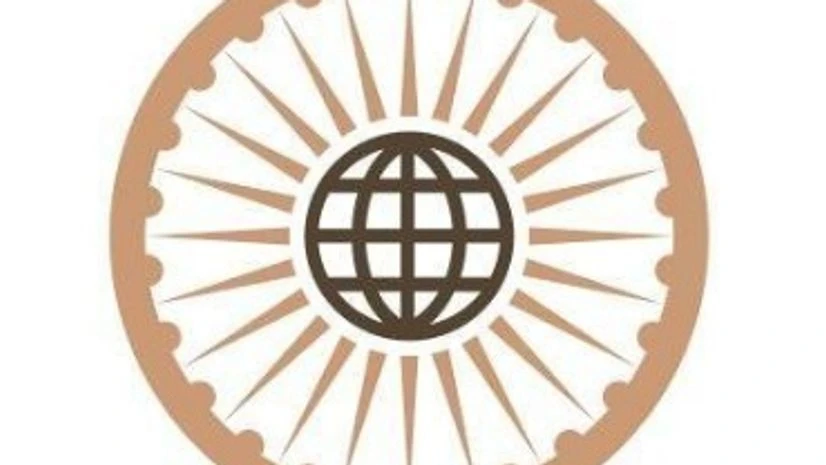Internet Freedom Foundation (IFF), a voluntary group, has moved the Delhi High Court to join proceedings in a case where a petitioner had sought to make the "Right to be Forgotten" legal in the country. It has raised concerns that this could breach the Right to Freedom of Speech and Expression and the Right to Information.
The voluntary group, which campaigned against Facebook's Free Basics, feels the creation of such a legal framework would empower private individuals to remove public content from the internet. The Delhi High Court, based on the petition, issued notices on Monday to interested parties in the case.
In May, a non-resident Indian had made a plea requesting that his name be removed from a criminal case related to his family, in which he was not involved. The Delhi High Court had sought a response from the ministry of communication and information technology, Google and its Indian arm, and IKanoon Software Development on whether an individual should the right to request the deletion of personal information available on the internet. In a blog post, the IFF said this would undermine the right to free expression and right to information. “The argument by the petitioner may create a broad, vague right to be forgotten allowing private parties to force the delisting of public information from the internet.”
IFF said it is deeply concerned by the potential implications of this argument and that it hopes to assist the court. In the application, reviewed by Business Standard, the foundation said any determination on the, “Right to be Forgotten” will also concern the removal of content, which will create the power of censorship over the internet.
“Content take down may even lead to the creation a new right, independent of privacy (given its application to public records) and the law of defamation,” it said. Further, it said the “right to be forgotten” would restrict the right to receive information under Article 19(1)(a), which will directly impact internet users.
This follows a May 2014 judgment by the Court of Justice of the European Union upholding such a right, which requires online search engines to remove specific search results involving personal details of individuals, when requested to do so, unless it is in the public interest to continue displaying the information.
IFF said the EU judgment was based on Data Protection Directive, a 1995 EU regulation, but this was not the case in India, because it does not have a privacy law. There has to be a right balance between the right to privacy and free expression, it said. “If the right to be forgotten is made legal… it is likely to be misused by public figures, who can then request to take down public information regarding them," the foundation said.
Such a right should be made legal only on the basis of statutory regulations, or as part of a comprehensive privacy law, the foundation said. The next date of hearing is February 2, 2017.
The voluntary group, which campaigned against Facebook's Free Basics, feels the creation of such a legal framework would empower private individuals to remove public content from the internet. The Delhi High Court, based on the petition, issued notices on Monday to interested parties in the case.
In May, a non-resident Indian had made a plea requesting that his name be removed from a criminal case related to his family, in which he was not involved. The Delhi High Court had sought a response from the ministry of communication and information technology, Google and its Indian arm, and IKanoon Software Development on whether an individual should the right to request the deletion of personal information available on the internet. In a blog post, the IFF said this would undermine the right to free expression and right to information. “The argument by the petitioner may create a broad, vague right to be forgotten allowing private parties to force the delisting of public information from the internet.”
IFF said it is deeply concerned by the potential implications of this argument and that it hopes to assist the court. In the application, reviewed by Business Standard, the foundation said any determination on the, “Right to be Forgotten” will also concern the removal of content, which will create the power of censorship over the internet.
“Content take down may even lead to the creation a new right, independent of privacy (given its application to public records) and the law of defamation,” it said. Further, it said the “right to be forgotten” would restrict the right to receive information under Article 19(1)(a), which will directly impact internet users.
This follows a May 2014 judgment by the Court of Justice of the European Union upholding such a right, which requires online search engines to remove specific search results involving personal details of individuals, when requested to do so, unless it is in the public interest to continue displaying the information.
IFF said the EU judgment was based on Data Protection Directive, a 1995 EU regulation, but this was not the case in India, because it does not have a privacy law. There has to be a right balance between the right to privacy and free expression, it said. “If the right to be forgotten is made legal… it is likely to be misused by public figures, who can then request to take down public information regarding them," the foundation said.
Such a right should be made legal only on the basis of statutory regulations, or as part of a comprehensive privacy law, the foundation said. The next date of hearing is February 2, 2017.

)
